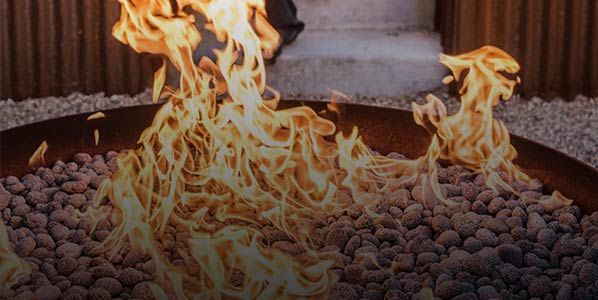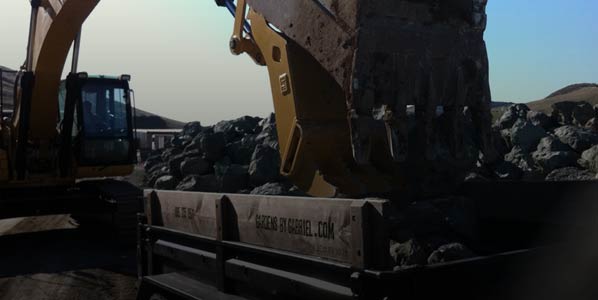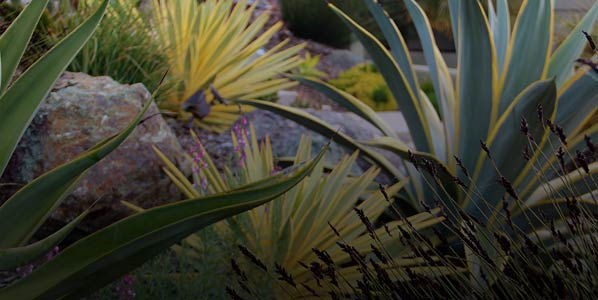Compost Part Two: Let It Rot, Let It Roll!
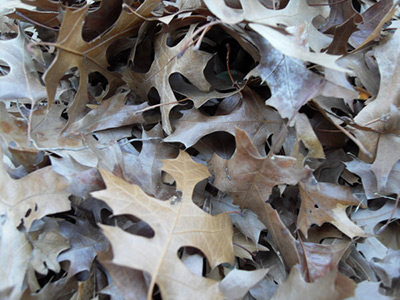 The great (digestible) outdoors!
The great (digestible) outdoors!
Outdoor composting includes both green and brown materials. Which is to say, all you really need is food, water, and air, and maybe a bin (if you want to impress your neighbors). Good compost is made of the stuff you’d usually just throw away: table scraps, yard waste, shredded paper, pruned branches, eggshells, and so forth. With the right mix, millions of microorganisms will convert your raw leftovers into rich, beneficial compost.
How can I be sure the composting has started?
The little mico friends that make compost possible need a balanced diet of green materials (high in nitrogen) for protein and brown materials (high in carbon) for energy. Once these elements are in place, there's no stopping them! The best combination is three parts brown to one part green.
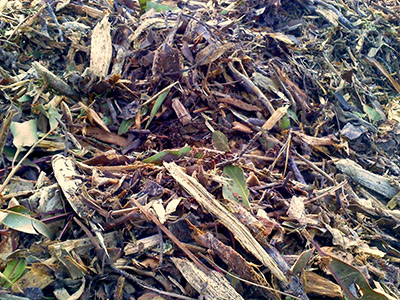 GREENS:
GREENS:
- Fresh green grass clippings
- Kitchen scraps (fruit, veggies, coffee grounds, tea bags, egg shells, compostable plates and flatware)
- Weeds and green leaves
BROWNS:
- Brown dry leaves
- Dried grass
- Cornstalks and straw
- Excess mulch
- Pruned branches
DO NOT ADD:
- Pet droppings
- Materials treated with herbicides and/or pesticides
- Too much meat, especially if your pile is uncovered
When do I stop adding stuff?
Start with a minimum of a cubic foot of raw materials, and add as you go. More material is always better to generate the heat core necessary for rapid breakdown. Remember that compost needs time to cook down before you use it in your garden: Each time you add new material it’s like resetting the clock on harvesting your product. You wouldn’t buy a bag of potting soil with a rotting tomato inside, so don't do that to yourself at home! By adding leaves and natural ingredients, you’ve got all the bacteria and fungi ready and waiting to help. If you want to give them a little boost, add a shovel of good garden soil to the mix. By regularly turning your compost you help the decomposition along and speed up the process.


